A Commentary on Isaiah, Part 21: The Burden of Tyre
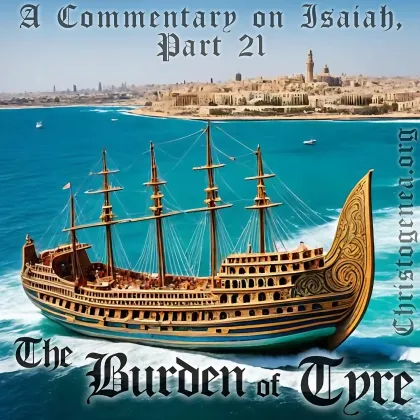
A Commentary on Isaiah, Part 21: The Burden of Tyre
Since Isaiah chapter 13 and the burden of Babylon, the prophet has announced an entire series of burdens against what may be considered to have been the world of ancient Israel at this time in history, with the death of Ahaz and the first few years after Hezekiah had become king of Judah. In the course of these burdens, there is no mercy for Babylon, nor for the king of Babylon. But there is mercy for the Israel in the burdens of Moab and Damascus. There was also mercy for the Israelites of the “land shadowing with wings”, which are evidently those of the Assyrian deportations who were portrayed as making a future supplication to God. Then there were expressions of hope and mercy for the people of Judah who would flee into Egypt, although they would suffer for having done so, and plausibly also for those who would flee into Arabia. However in the course of those burdens, there was no hope or mercy extended to the Egyptians, Ethiopians, Edomites or Arabians. Then finally, in the Valley of Vision, which was an oracle against Jerusalem, there were continued expressions of hope for the people of Judah in the face of an ominous condemnation, even if that hope is expressed enigmatically in the promise of the Key of David. Now we come to the final burden of the series, and it is the burden of Tyre, and even though Tyre itself is condemned, as Jerusalem had been, there are still messages of hope and mercy for at least a portion of its people, as we shall see here in our discussion of Isaiah chapter 23.
So now, discussing the Burden of Tyre, we must first make an insistence, that the Phoenicians of the Judges and Kingdom periods of ancient Israel certainly had been Israelites, at least for the most part, in spite of the general insistence of modern Jewry that they had been Canaanites. So on most Bible maps which are published today, a land labeled as Phoenicia is demarcated in a manner where it appears to have been separate from the land of the tribes of Israel. But that is not true, and every Bible map which has done so has perpetuated a lie which is contrary to the actual text of Scripture. The evidence of this is seen as early as Judges chapter 5, where in the Song of Deborah the prophetess had lamented that “17 Gilead abode beyond Jordan: and why did Dan remain in ships? Asher continued on the sea shore, and abode in his breaches.”

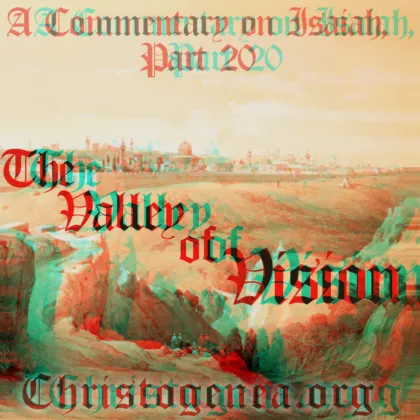
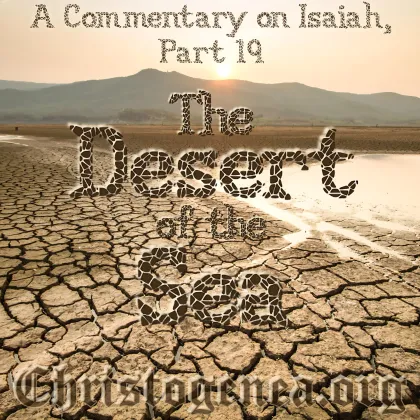
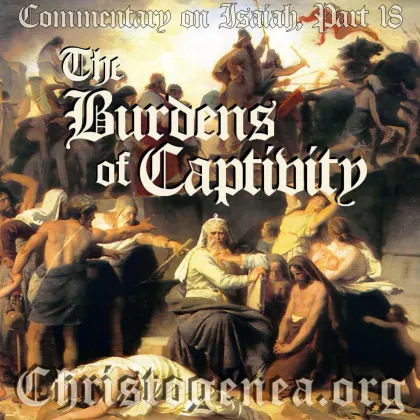


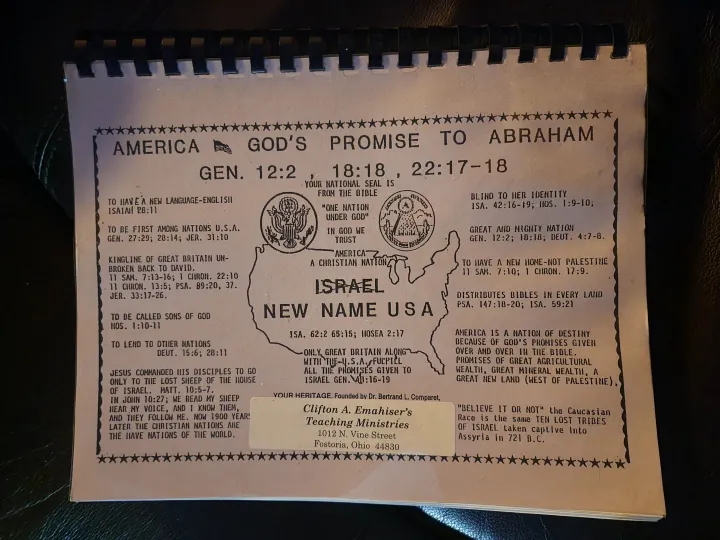
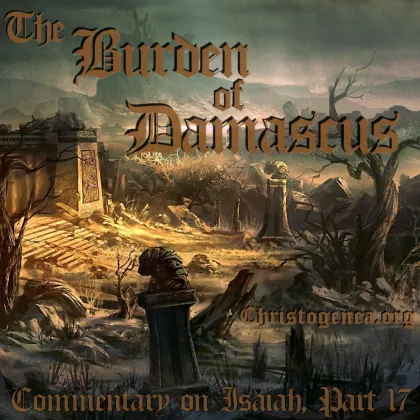

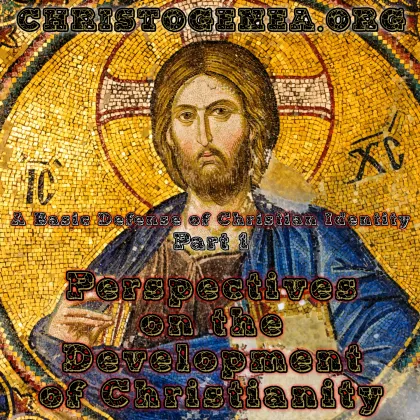
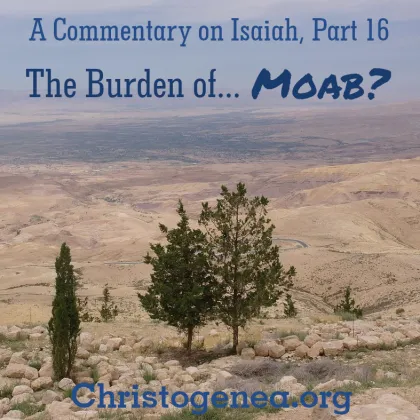
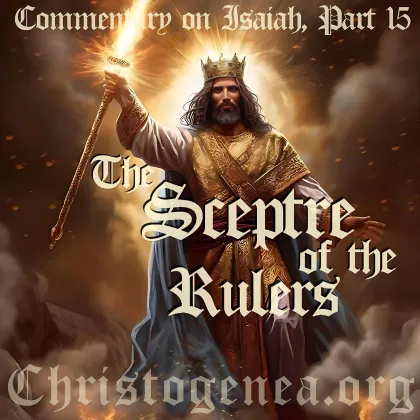


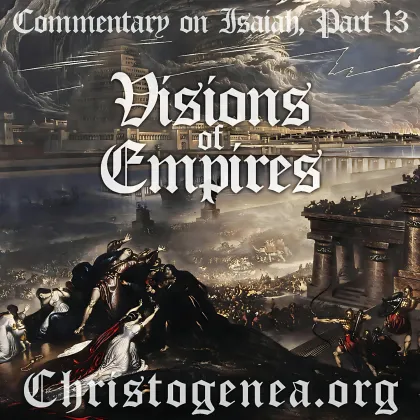
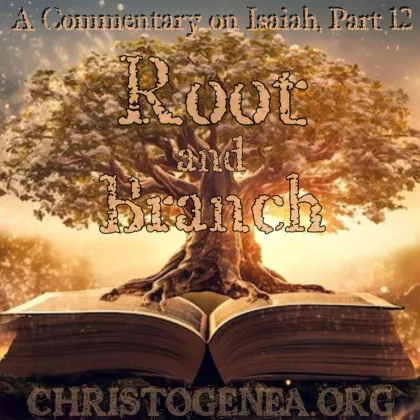

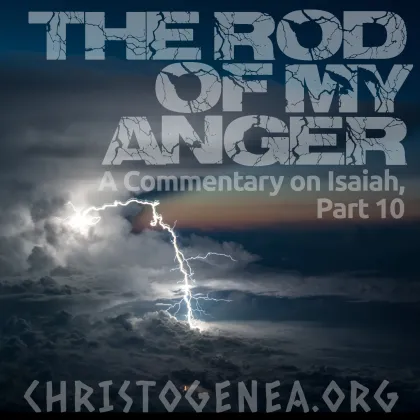
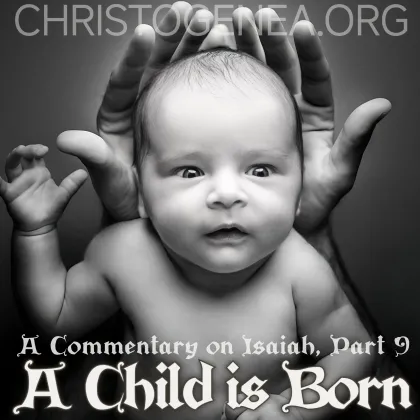
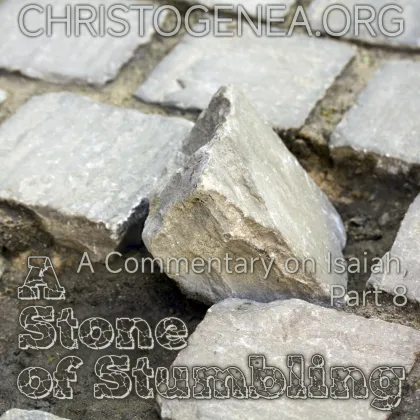




 Please click here for our mailing list sign-up page.
Please click here for our mailing list sign-up page.







